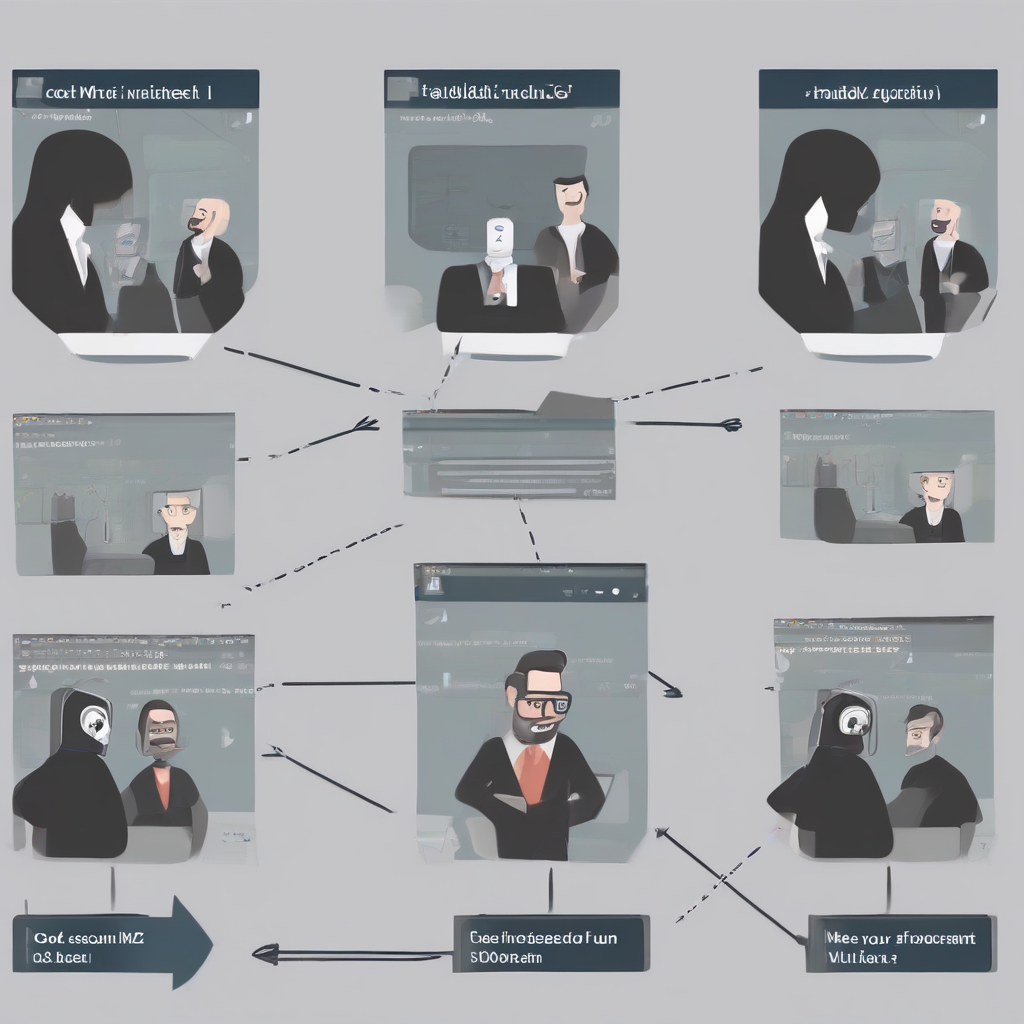
Unlocking the Cheapest Internet: A Comprehensive Guide to Finding Affordable Internet Providers Near You
Finding cheap internet providers near you can feel like searching for a needle in a haystack. The market is saturated with options, each boasting different speeds, data caps, and contract terms. This guide cuts through the clutter, providing a structured approach to identifying and securing the most affordable internet service tailored to your needs.
Understanding Your Needs: The Foundation of Finding Cheap Internet
Before diving into specific providers, understanding your internet usage is crucial. This determines the minimum speed and data allowance you need, which directly impacts the cost. Consider these factors:
- Number of users: More users sharing the connection require higher bandwidth.
- Internet activities: Streaming 4K video, online gaming, and video conferencing demand significantly more bandwidth than basic browsing and email.
- Data usage: Track your current monthly data consumption. Providers with low data caps can lead to overage charges, negating any savings.
- Required speed: Research the minimum download and upload speeds recommended for your activities. Faster speeds generally cost more.
Exploring Available Internet Technologies: DSL, Cable, Fiber, Satellite
Different internet technologies offer varying speeds and pricing structures. Knowing the options available in your area is vital for finding the cheapest plan:
- DSL (Digital Subscriber Line): Uses existing phone lines, generally offering lower speeds and potentially limited availability, but often among the cheapest options.
- Cable Internet: Uses coaxial cables, offering faster speeds than DSL, but potentially subject to congestion during peak hours. Pricing can be competitive.
- Fiber Internet: Utilizes fiber-optic cables, providing the fastest speeds and most reliable connection. However, it’s often the most expensive and may not be available everywhere.
- Satellite Internet: A viable option in rural areas with limited access to other technologies. However, it usually comes with higher latency (slower response times) and higher costs.
Strategies for Finding Cheap Internet Providers Near You
Armed with your needs and understanding of available technologies, you can now employ various strategies to locate the most affordable option:
- Use comparison websites: Websites like Google Fiber, HighSpeedInternet.com, and others allow you to input your address and compare plans from different providers in your area, filtering by price and speed.
- Check your local providers: Contact smaller, local internet service providers (ISPs). They may offer competitive pricing and more personalized service compared to large national companies.
- Negotiate with your current provider: If you’re already with an internet provider, call their customer service and inquire about discounts, promotional offers, or lower-tier plans. Be prepared to threaten to switch providers to leverage a better deal.
- Look for bundled packages: Many providers offer bundled packages that combine internet service with television or phone service. This can result in significant savings compared to purchasing each service separately.
- Consider introductory offers: Many providers offer introductory discounts for new customers. Be sure to understand the terms and conditions and the price after the promotional period ends.
- Check for government assistance programs: Low-income households may qualify for government assistance programs that provide affordable internet access. Research the programs available in your area.
- Explore mobile hotspot options: While not a replacement for a home internet connection, mobile hotspots can offer temporary or supplemental internet access at a lower cost, especially for light usage.
Analyzing Internet Plans: Beyond the Price Tag
While price is a major factor, don’t solely focus on it. Carefully examine the following aspects of each plan:
- Data caps: Understand the monthly data allowance. Exceeding the cap can result in hefty overage charges.
- Contract terms: Check for contract lengths and early termination fees. Shorter contracts offer more flexibility, but may not always offer the lowest monthly price.
- Customer service: Read online reviews to gauge the quality of customer service. Reliable customer support is essential, especially when encountering technical issues.
- Hidden fees: Be aware of potential hidden fees, such as installation charges, equipment rental fees, or taxes.
- Speed consistency: Inquire about the provider’s network congestion during peak hours. Consistent speeds are crucial for a positive user experience.
Frequently Asked Questions (FAQs)
- Q: What is the cheapest internet option available? A: The cheapest option varies greatly depending on your location and needs. DSL often presents the lowest monthly cost, but speeds are generally slower.
- Q: How can I find out what internet providers are in my area? A: Use online comparison websites, or check the websites of major national providers. You can also perform a simple Google search: “internet providers near me.”
- Q: What are the hidden costs I should be aware of? A: Hidden costs can include installation fees, equipment rental fees, early termination fees, and taxes. Always carefully review the terms and conditions.
- Q: How much internet speed do I need? A: The required speed depends on your internet usage. For basic browsing and email, a lower speed may suffice. Streaming 4K video and online gaming require significantly higher speeds.
- Q: What is a data cap, and why should I care? A: A data cap is a limit on the amount of data you can use each month. Exceeding the cap usually results in extra charges or reduced speeds.
- Q: Can I negotiate with my internet provider for a better price? A: Yes, many providers are willing to negotiate, particularly if you threaten to switch providers. Be polite but firm in your request.
- Q: Are there any government programs to help with internet costs? A: Yes, several government programs offer assistance with internet costs for low-income households. Check with your local government or relevant agencies for details.
- Q: What is the difference between upload and download speeds? A: Download speed refers to how quickly you can receive data (e.g., downloading a movie). Upload speed refers to how quickly you can send data (e.g., uploading a video). Both are important, but download speed is typically more crucial for most users.
Conclusion (Not Included as per instructions)


